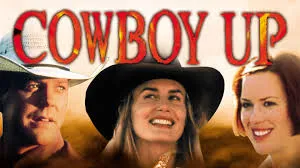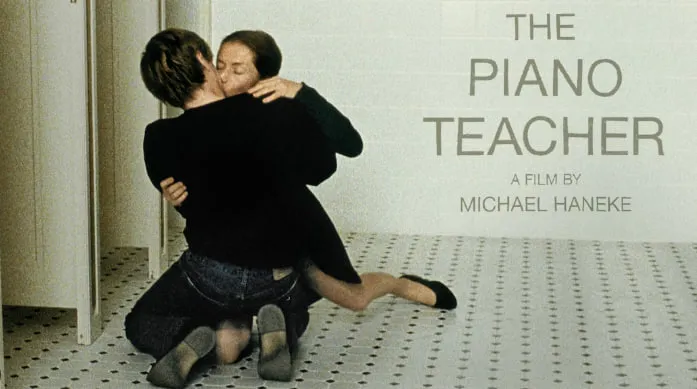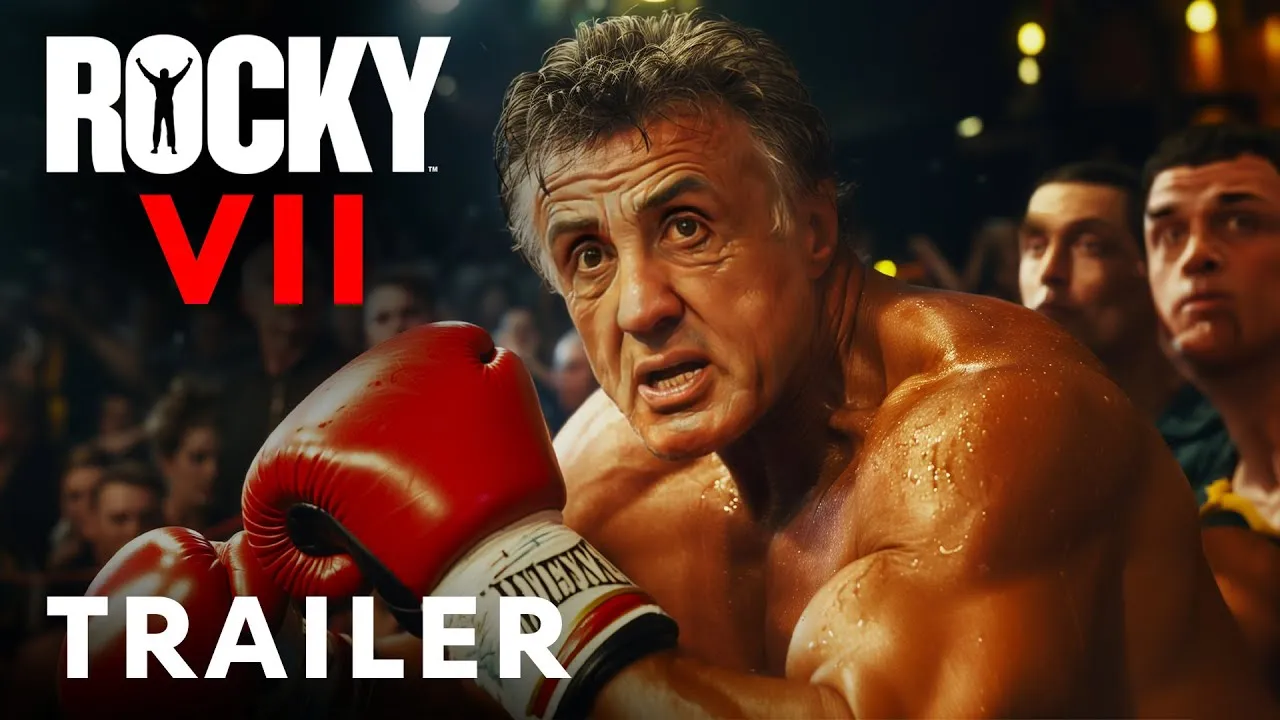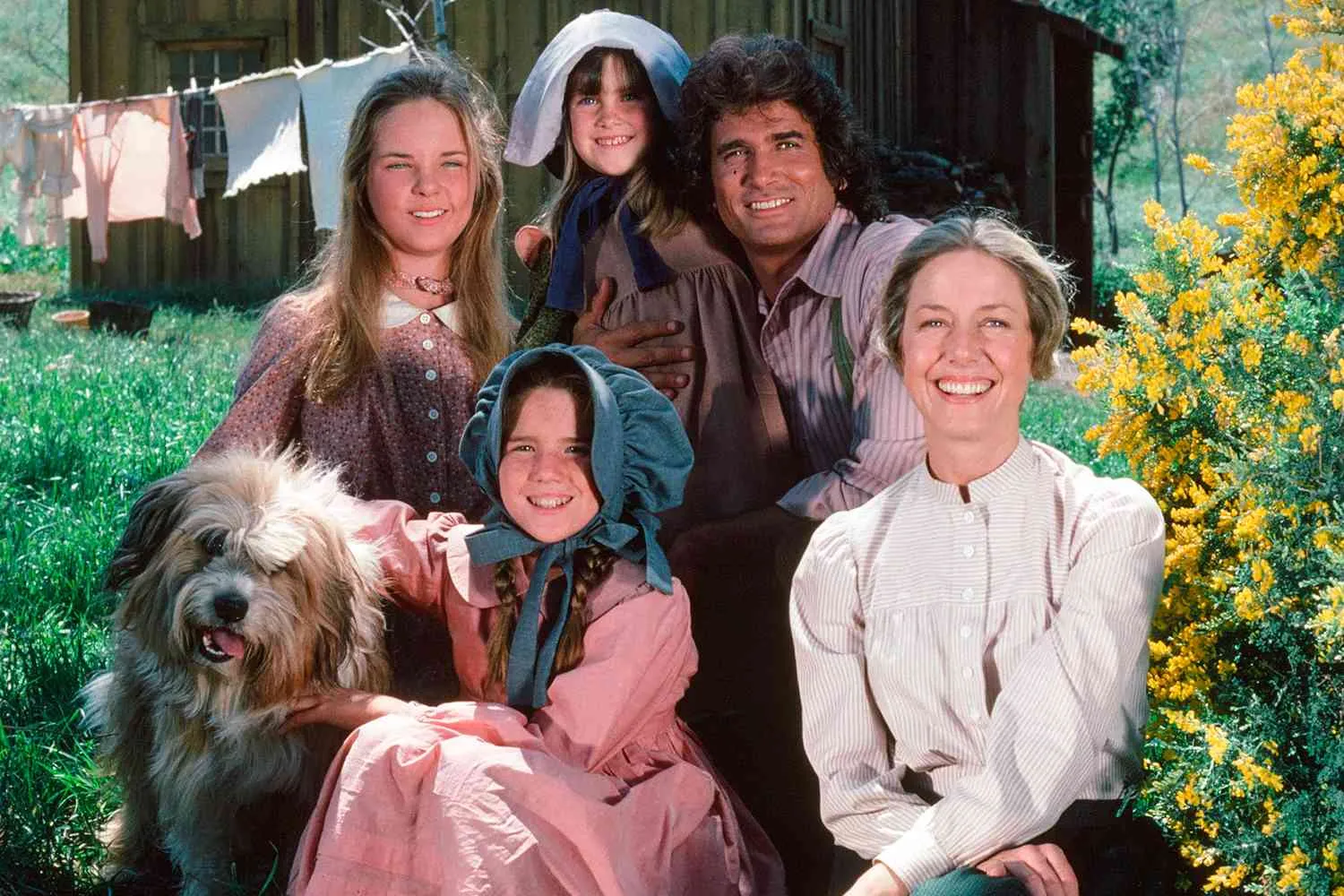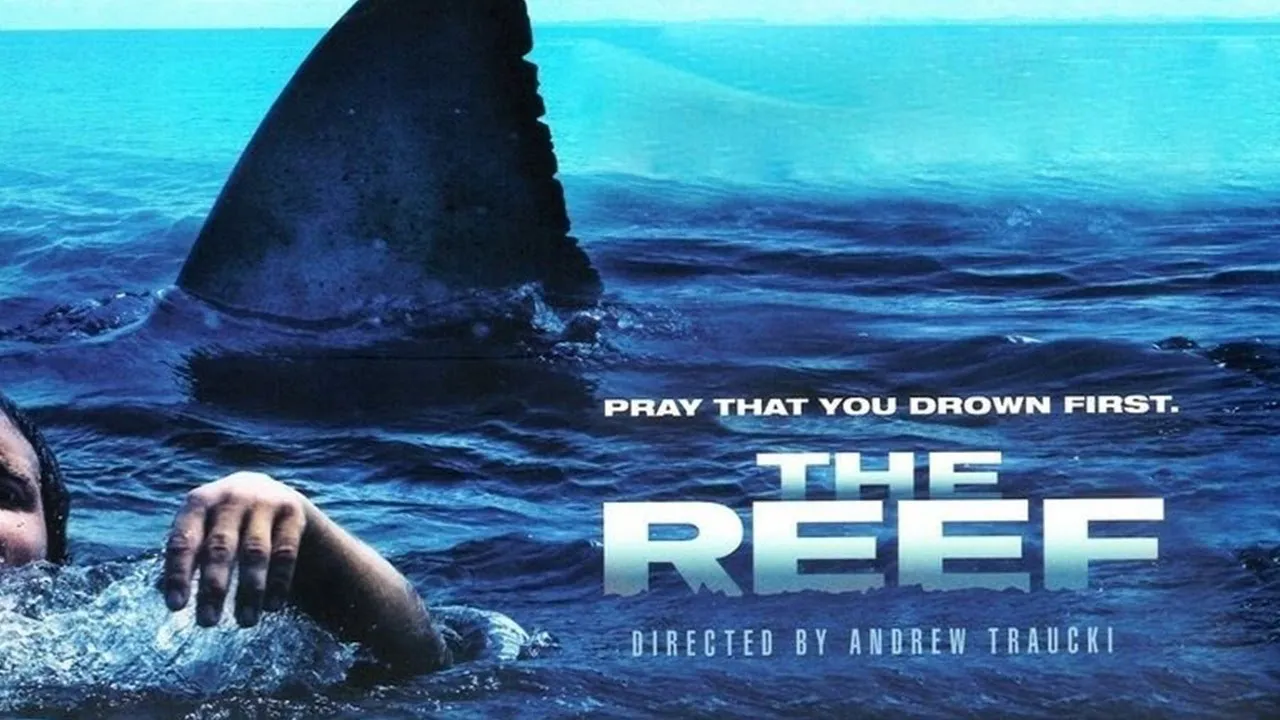𝐖𝐚𝐭𝐜𝐡 𝐭𝐡𝐞 𝐟𝐮𝐥𝐥 𝐦𝐨𝐯𝐢𝐞 𝐡𝐞𝐫𝐞 👇:
Cowboy Up (2002), directed by Xavier Koller, is a drama that centers around the rough and gritty world of rodeo riding, exploring themes of family, rivalry, and personal redemption. The film follows the story of two brothers, played by Cuba Gooding Jr. and Marcus Thomas, who are both talented rodeo riders. Their bond is tested when one brother, aspiring champion Henry (Gooding Jr.), becomes increasingly obsessed with winning, while his brother, Joe (Thomas), struggles with his own sense of identity and the pressure of living in Henry’s shadow. The film examines the highs and lows of the rodeo world, where the pursuit of glory and the physical dangers of the sport shape the characters' lives.
The relationship between Henry and Joe is at the heart of the film. While Henry’s drive to win and prove himself pushes him toward personal and professional success, it also leads to tension with his brother, who feels overshadowed and disrespected. Joe's resentment grows as he faces constant comparisons to his more successful sibling, ultimately forcing him to reckon with his own sense of self-worth. This sibling rivalry provides much of the emotional weight of the film, as the brothers confront their differences and try to reconcile their pasts. Their dynamic also highlights the theme of living up to expectations—whether those set by others or by oneself—and the struggles that come with it.

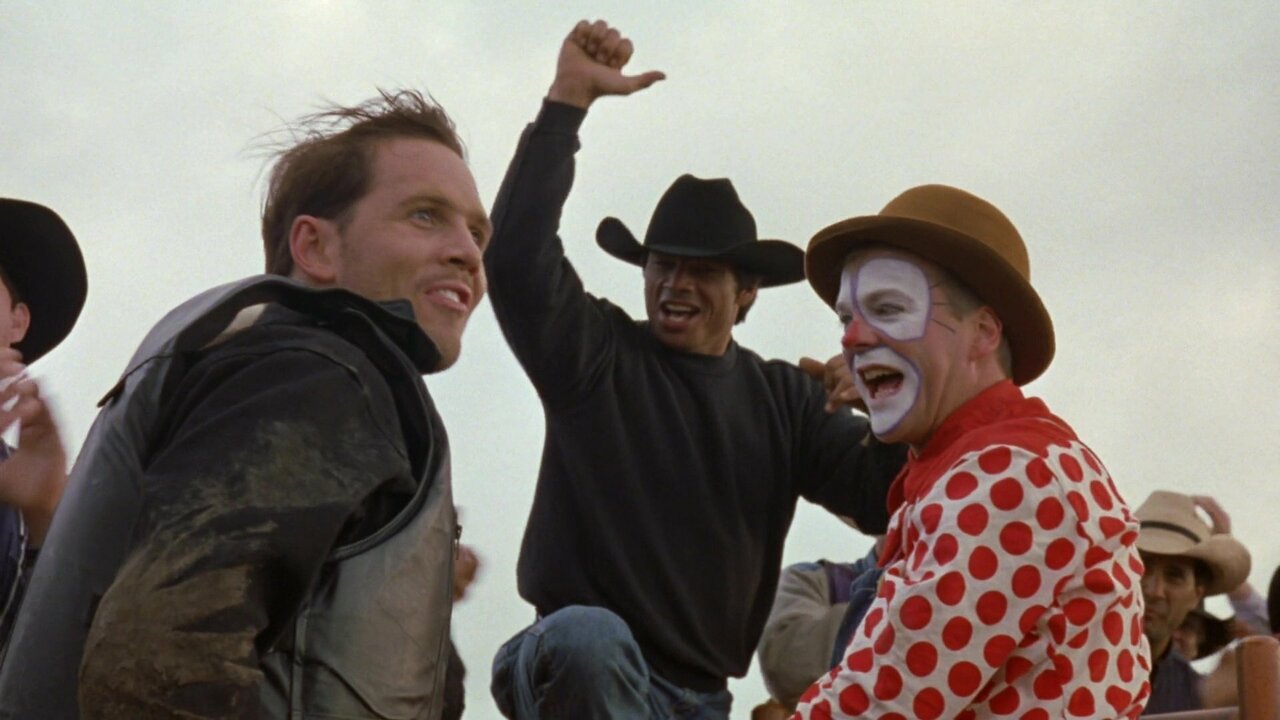
In addition to the brothers' relationship, the film delves into the rugged lives of rodeo riders, showcasing the dangers of the sport. Rodeo riding is depicted not only as a physically demanding and dangerous profession but also as a lifestyle that requires a deep passion and relentless determination. The bull-riding scenes are intense and exhilarating, capturing the raw physicality of the sport and the grit required to endure it. The adrenaline rush of the competition is balanced by the toll it takes on the body, as characters deal with injuries, emotional scars, and the inevitability of aging in a career where strength and stamina are paramount.

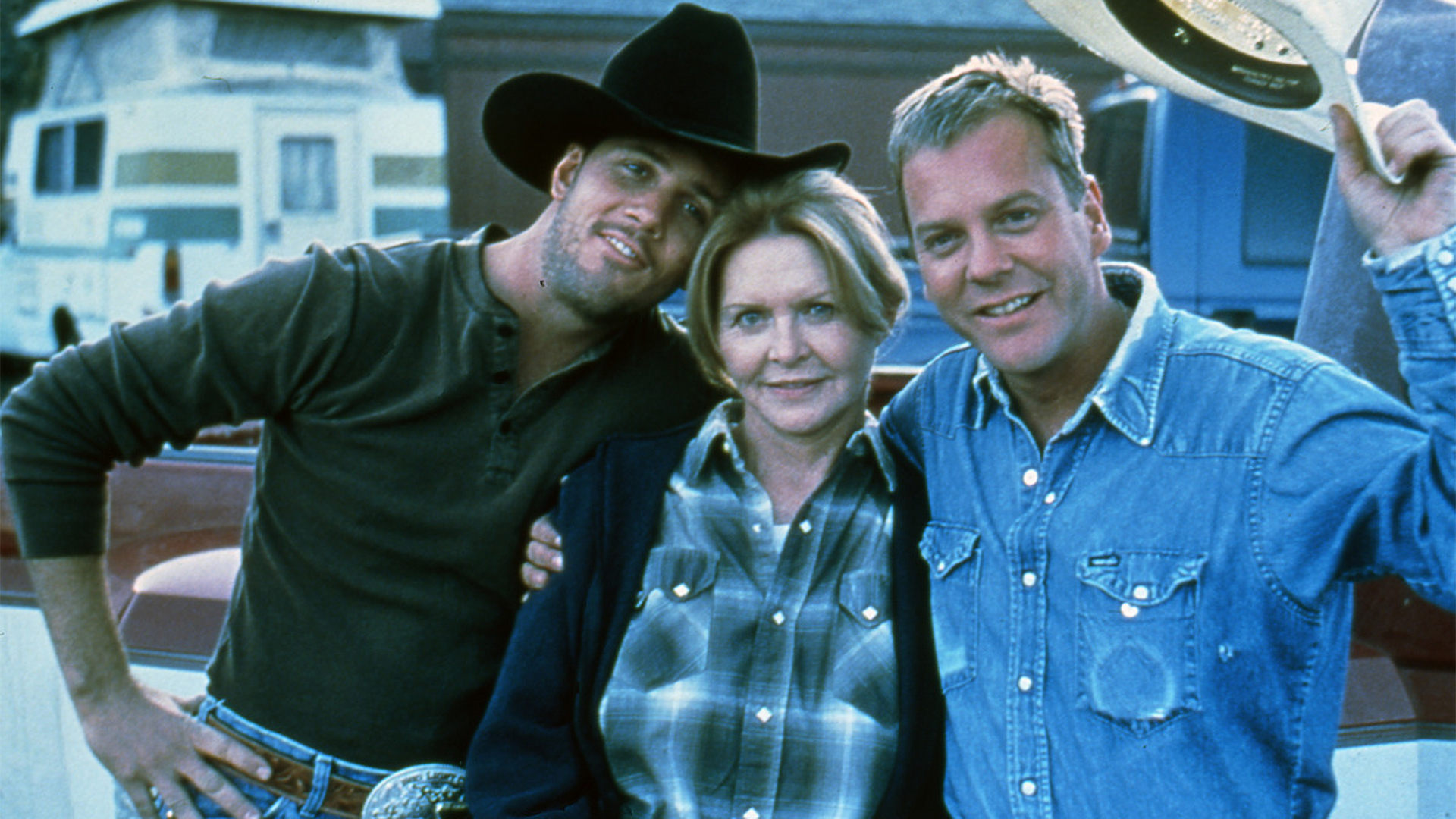
The film also touches on the broader themes of personal redemption and finding peace with one’s choices. As Henry faces setbacks and comes to terms with the realities of his career, he begins to realize that his obsession with winning has come at the expense of his relationships, particularly with his brother and his romantic interest. Joe, on the other hand, embarks on his own journey of self-discovery, learning to accept his place in the world and find his own path. Through their experiences, Cowboy Up explores the idea that true success isn’t always about winning, but about finding balance and reconciliation within oneself and with others.
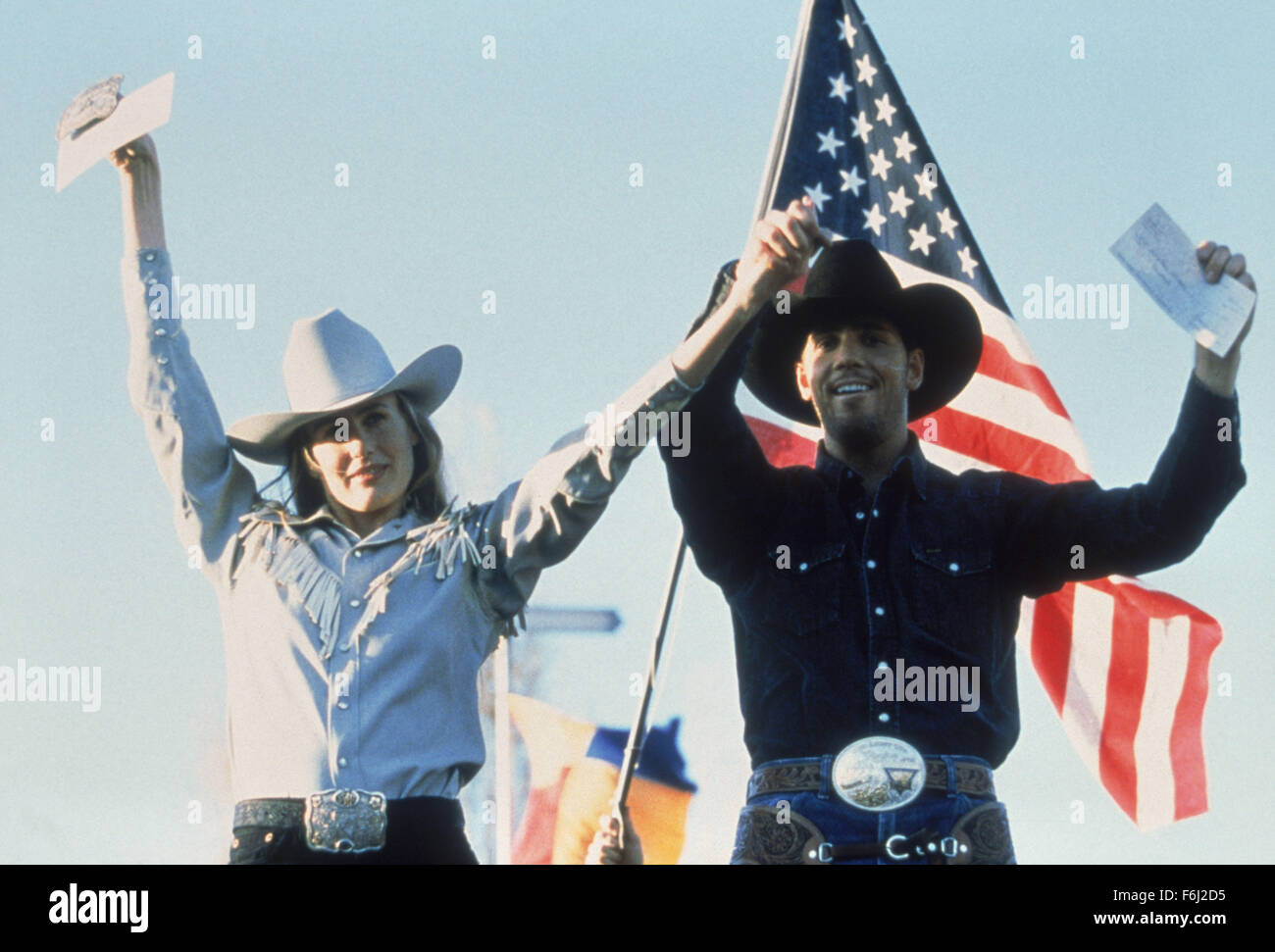

Visually, Cowboy Up captures the rustic charm of the rodeo scene and the beauty of the rural landscapes, making the Western setting an integral part of the story. The cinematography emphasizes the rawness of the sport, with close-ups that highlight the emotional intensity of the competition and the connection between the riders and their animals. The film’s pacing is deliberate, allowing time for character development and the exploration of its emotional undercurrents. Though the film features the excitement of rodeo riding, it is ultimately a character-driven drama about family, self-identity, and the search for redemption in the face of life’s challenges.
